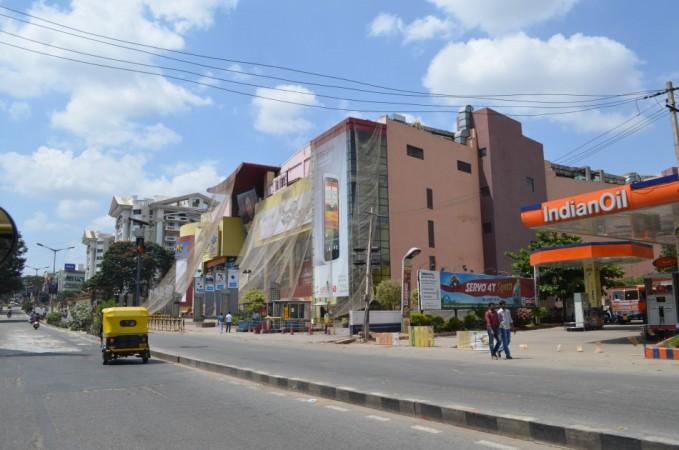
The two-day trade union strike starting Wednesday may turn out to be just another Bharat Bandh for many citizens of the country owing to a series of such bandhs being called by political parties and other organizations in the last few months, but the loss they cause to the economy is colossal.
India witnessed as many as three Bharat Bandhs in 2012, and two such bandhs have been called just two months into 2013, causing huge loss to the state exchequer besides crippling the normal life of the public. The last nationwide bandh was called earlier last month to protest the brutal Delhi gang-rape which cost the life a young medical student.
The Associated Chambers of Commerce and Industry (ASSOCHAM) has said the estimated loss of the trade unions' two-day strike (Wednesday and Thursday), which is set to cripple banking, insurance, transport and several other sectors, is ₹15,000 to ₹20,000 crore.
The trade union strike has been called at a time when the country is facing slow economic growth. Central Statistics Office (CSO) said last week that India's economic growth rate this fiscal year is estimated to be just 5 per cent, which is the lowest in a decade.
"The national economy, battling slowdown can ill-afford this situation. In fact, the strike would aggravate the price situation because of disruption in the supply line of essential commodities," said Mr. Rajkumar Dhoot president, ASSOCHAM, appealing the trade unions to call off the strike.
"Given the nature of the strike and involvement of all the five major central trade unions, it is going to affect largely the services sector including the banking, financial services, tourism, transportation etc, which are the major contributors to the country's GDP," he added.
The Federation of Indian Chambers of Commerce and Industry (FICCI) also said that the two-day strike could cause huge loss to the state's exchequer. It added that the concerns of the trade cannot be solved by strikes though their demands are genuine.
The Central Trade Unions have called for a two-day strike, starting Wednesday, after failing to come to a consensus with the government on several of its demands that includes - to contain price rise, to ensure employment generation, strict enforcement of labour laws, universal social security for unorganized and organized workers, stoppage of disinvestment in Central and State Public Sector Undertakings, abolition of contract labour, removal of all ceilings on payment and eligibility of bonus, provident fund and assured pension for all.
Earlier, Prime Minister Manmohan Singh had made an appeal to all the trade unions to withdraw their call for a nation-wide strike, which would cost immense loss to the country's economy besides causing inconvenience to the public.
The central government has warned the employees not to take part in the strike or face with consequences including deduction in wages and disciplinary action. The Department of Personnel and Training has also directed all the secretaries of central government ministries not to sanction leaves to the employees during the period of the strike.
It may be recalled that India witnessed three Bharat Bandhs in 2012. Central trade unions called for a strike on Feb 28 to protest against price rise, disinvestment of public sector units, violation of labour laws and several other issues; the opposition party NDA called a nationwide bandh on May 31 to protest petrol price hike; the nation came to a standstill on September 20, 2012 after the BJP and other Hindu nationalist parties initiated protest against economic reforms undertaken by Congress-led UPA government and cut in subsidies for diesel and cooking gas.









